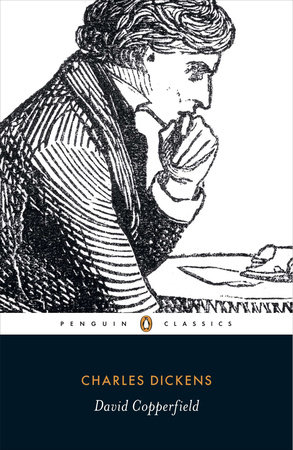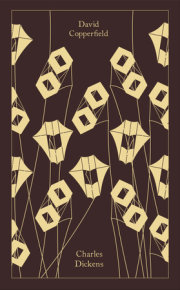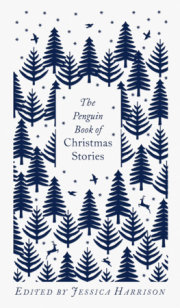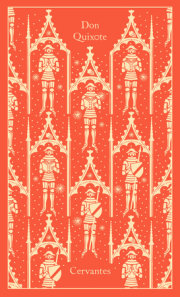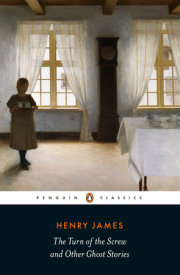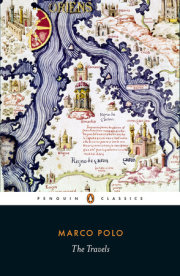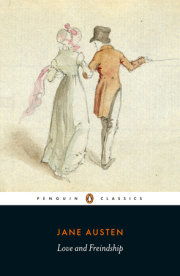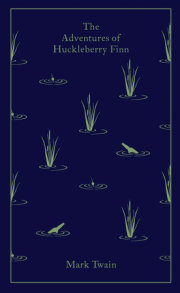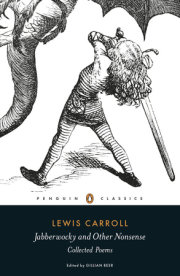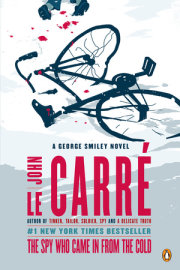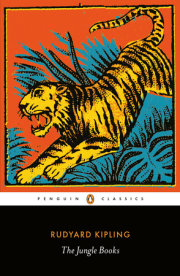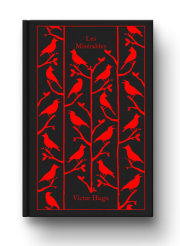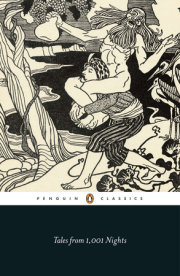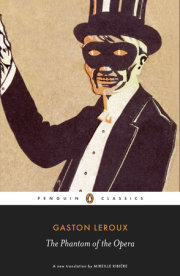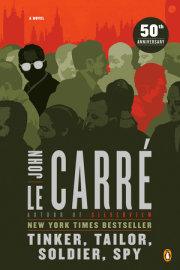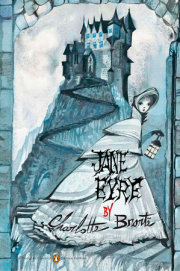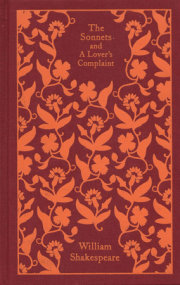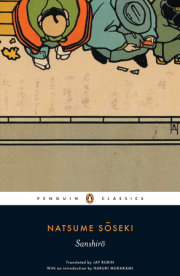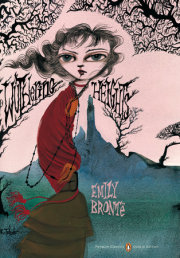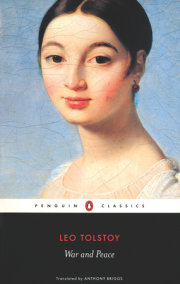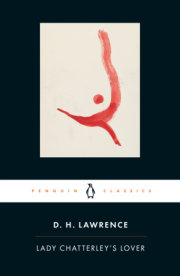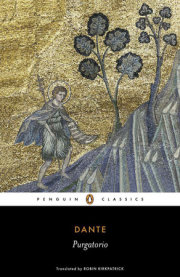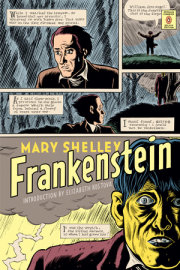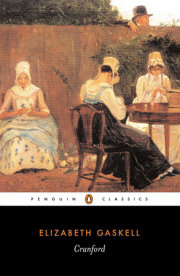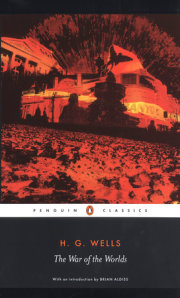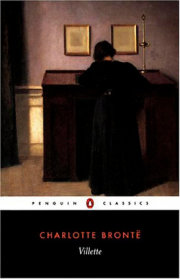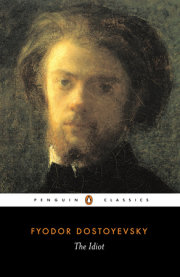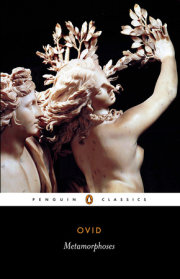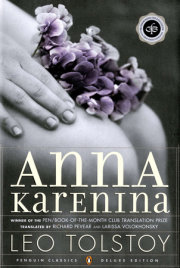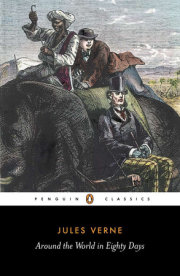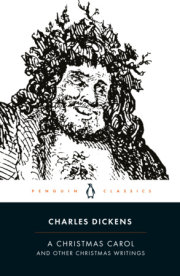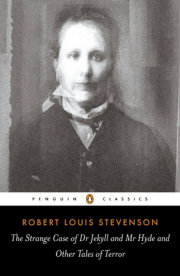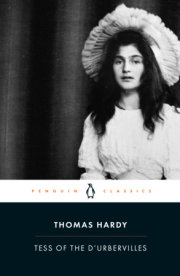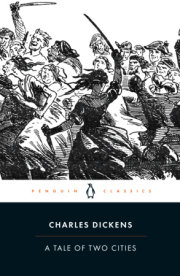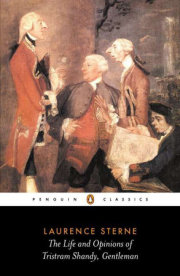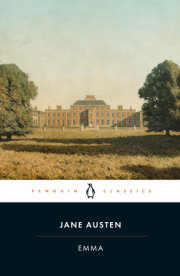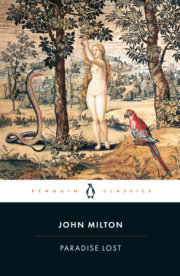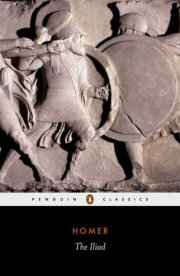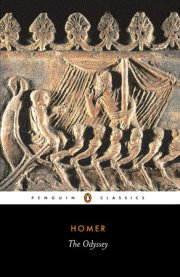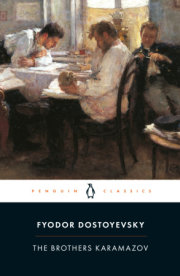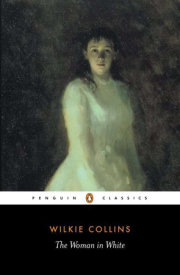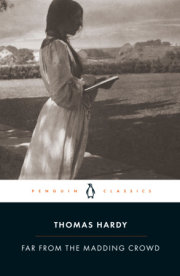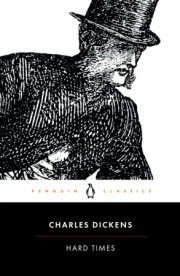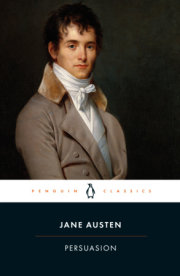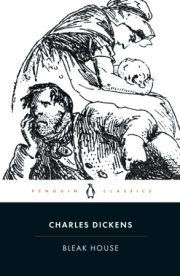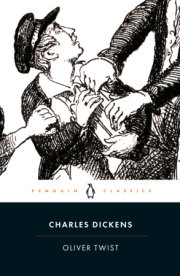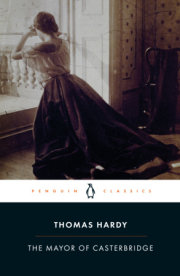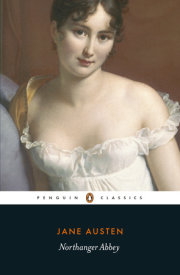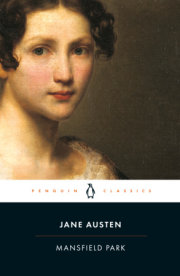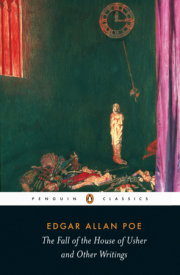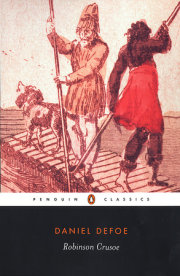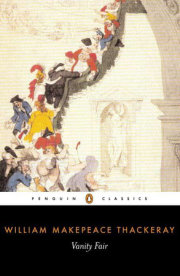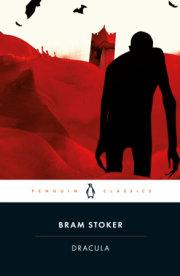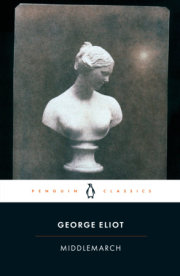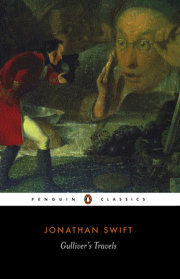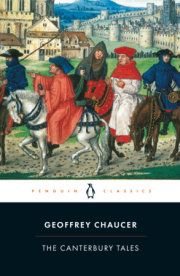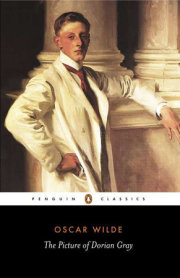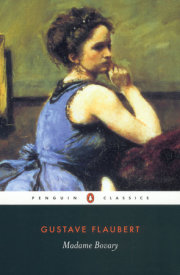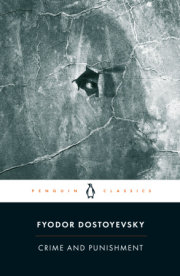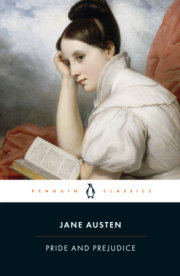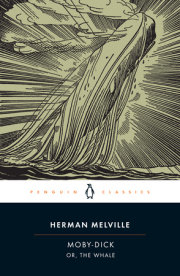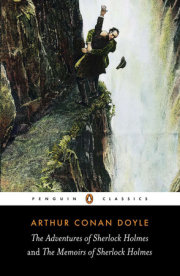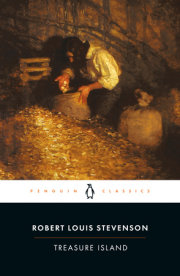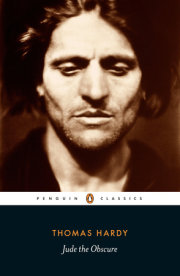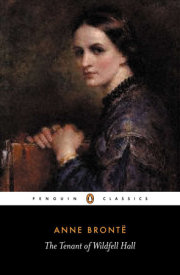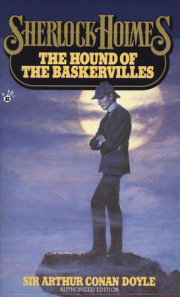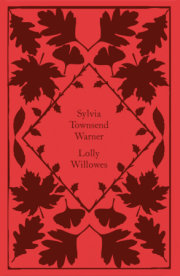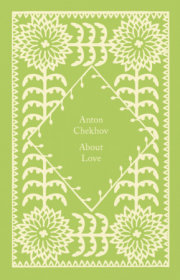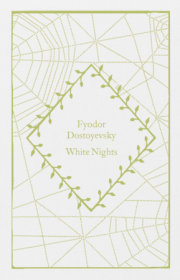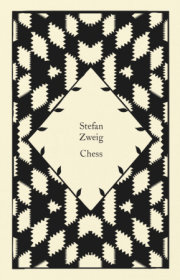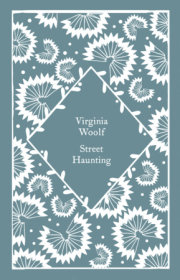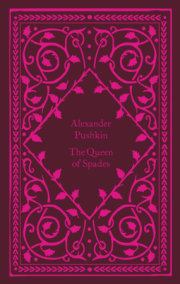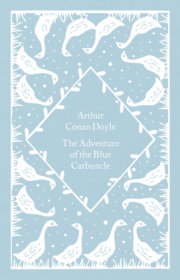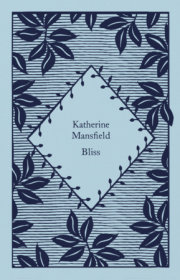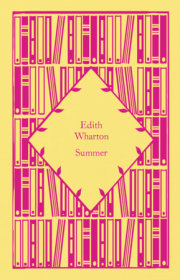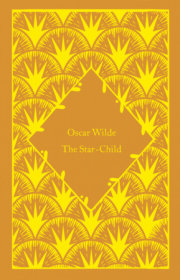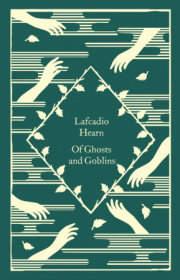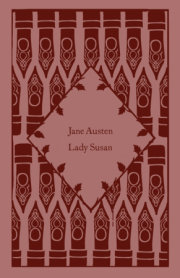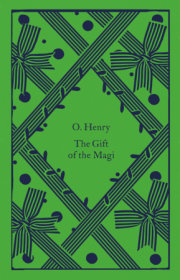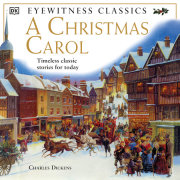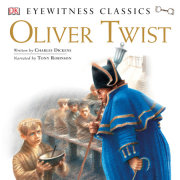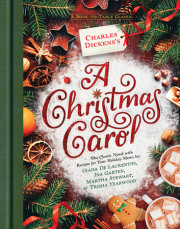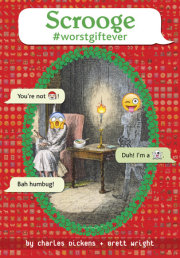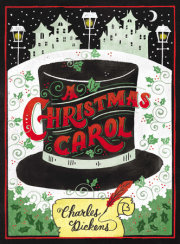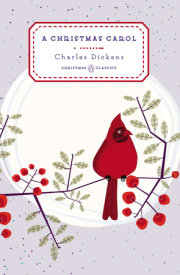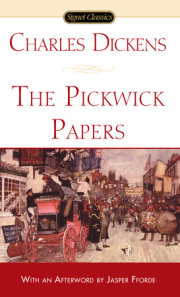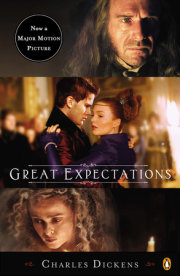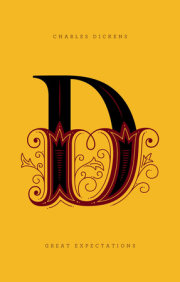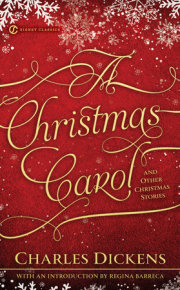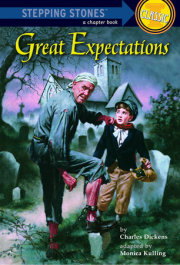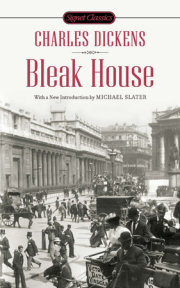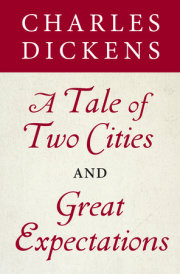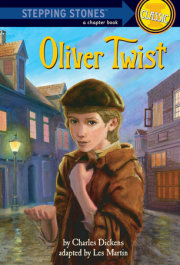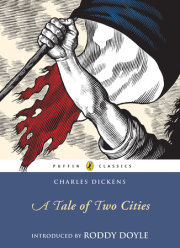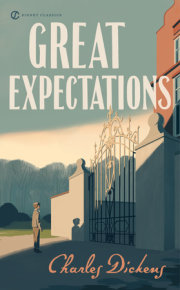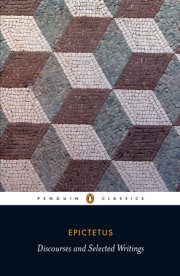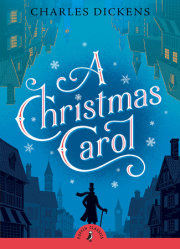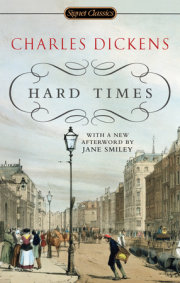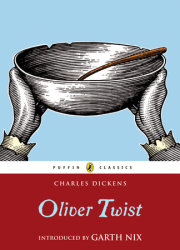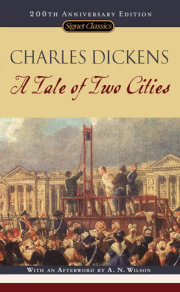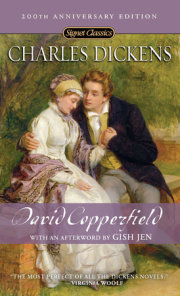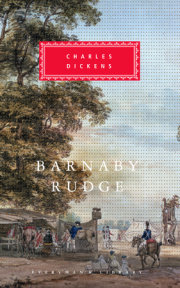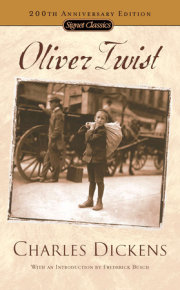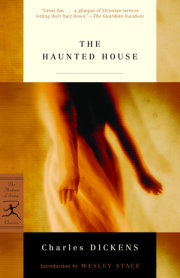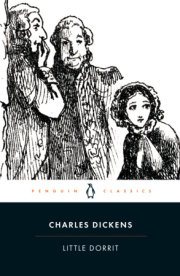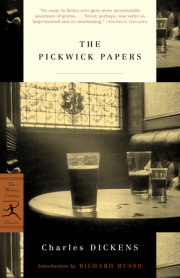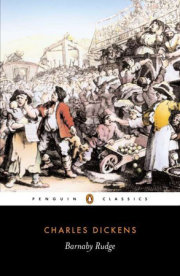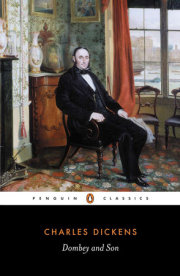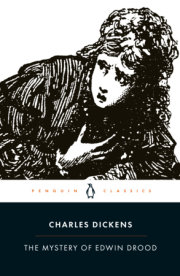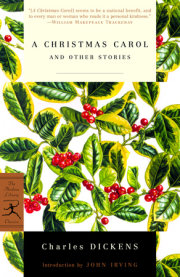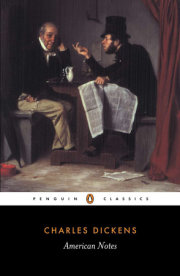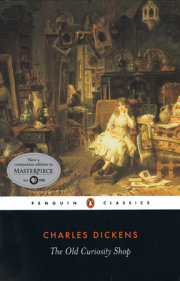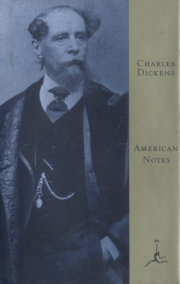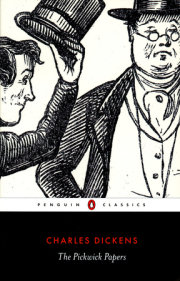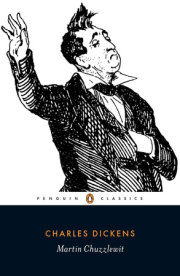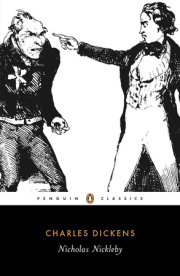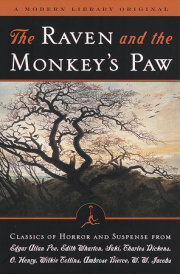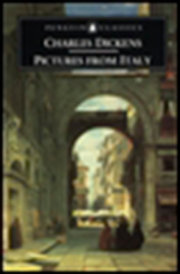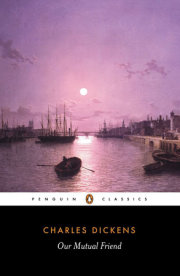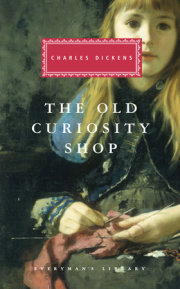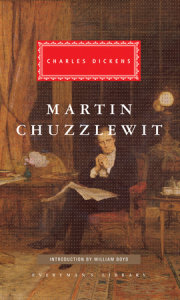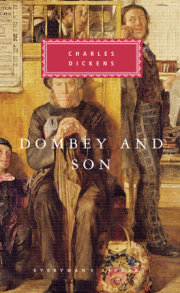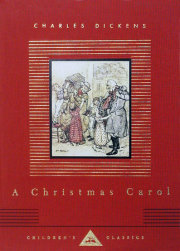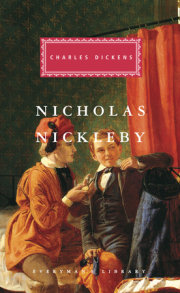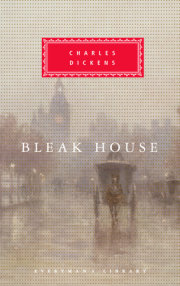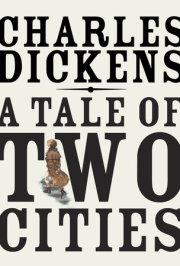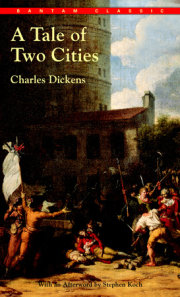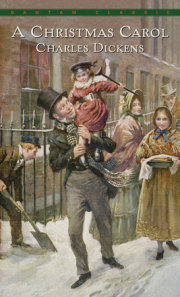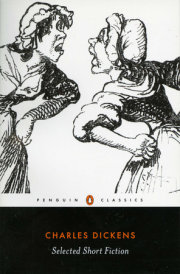Whether I shall turn out to be the hero of my own life, or whether that station will be held by anybody else, these pages must show. To begin my life with the beginning of my life, I record that I was born (as I have been informed and believe) on a Friday, at twelve o'clock at night. It was remarked that the clock began to strike, and I began to cry, simultaneously.
In consideration of the day and hour of my birth, it was declared by the nurse, and by some sage women in the neighbourhood who had taken a lively interest in me several months before there was any possibility of our becoming personally acquainted, first, that I was destined to be unlucky in life; and secondly, that I was privileged to see ghosts and spirits; both these gifts inevitably attaching, as they believed, to all unlucky infants of either gender, born towards the small hours on a Friday night.
I need say nothing here on the first head, because nothing can show better than my history whether that prediction was verified or falsified by the result. On the second branch of the question, I will only remark, that unless I ran through that part of my inheritance while I was still a baby, I have not come into it yet. But I do not at all complain of having been kept out of this property; and if anybody else should be in the present enjoyment of it, he is heartily welcome to keep it.
I was born with a caul, which was advertised for sale, in the newspapers, at the low price of fifteen guineas. Whether seagoing people were short of money about that time, or were short of faith and preferred cork jackets, I don't know; all I know is, that there was but one solitary bidding, and that was from an attorney connected with the bill-broking business, who offered two pounds in cash, and the balance in sherry, but declined to be guaranteed from drowning on any higher bargain. Consequently the advertisement was withdrawn at a dead loss—for as to sherry, my poor dear mother's own sherry was in the market then—and ten years afterwards the caul was put up in a raffle down in our part of the country, to fifty members at half a crown a head, the winner to spend five shillings. I was present myself, and I remember to have felt quite uncomfortable and confused, at a part of myself being disposed of in that way. The caul was won, I recollect, by an old lady with a hand-basket, who, very reluctantly, produced from it the stipulated five shillings, all in halfpence, and twopence halfpenny short—as it took an immense time and a great waste of arithmetic, to endeavour without any effect to prove to her. It is a fact which will be long remembered as remarkable down there, that she was never drowned, but died triumphantly in bed, at ninety-two. I have understood that it was, to the last, her proudest boast, that she never had been on the water in her life, except upon a bridge; and that over her tea (to which she was extremely partial) she, to the last, expressed her indignation at the impiety of mariners and others, who had the presumption to go 'meandering' about the world. It was in vain to represent to her that some conveniences, tea perhaps included, resulted from this objectionable practice. She always returned, with greater emphasis and with an instinctive knowl-edge of the strength of her objection, 'Let us have no meandering.'
Not to meander myself, at present, I will go back to my birth.
I was born at Blunderstone, in Suffolk, or 'thereby,' as they say in Scotland. I was a posthumous child. My father's eyes had closed upon the light of this world six months, when mine opened on it. There is something strange to me, even now, in the reflection that he never saw me; and something stranger yet in the shadowy remembrance that I have of my first childish associations with his white gravestone in the churchyard, and of the indefinable compassion I used to feel for it lying out alone there in the dark night, when our little parlour was warm and bright with fire and candle, and the doors of our house were—almost cruelly, it seemed to me sometimes—bolted and locked against it.
An aunt of my father's, and consequently a great-aunt of mine, of whom I shall have more to relate by-and-by, was the principal magnate of our family. Miss Trotwood, or Miss Betsey, as my poor mother always called her, when she sufficiently overcame her dread of this formidable personage to mention her at all (which was seldom), had been married to a husband younger than herself, who was very handsome, except in the sense of the homely adage, 'handsome is, that handsome does'—for he was strongly suspected of having beaten Miss Betsey, and even of having once, on a disputed question of supplies, made some hasty but determined arrangements to throw her out of a two pair of stairs' window. These evidences of an incompatibility of temper induced Miss Betsey to pay him off, and effect a separation by mutual consent. He went to India with his capital, and there, according to a wild legend in our family, he was once seen riding on an elephant, in company with a Baboon; but I think it must have been a Baboo—or a Begum. Anyhow, from India tidings of his death reached home, within ten years. How they affected my aunt, nobody knew; for immediately upon the separation she took her maiden name again, bought a cottage in a hamlet on the sea-coast a long way off, established herself there as a single woman with one servant, and was understood to live secluded, ever afterwards, in an inflexible retirement.
My father had once been a favourite of hers, I believe; but she was mortally affronted by his marriage, on the ground that my mother was 'a wax doll.' She had never seen my mother, but she knew her to be not yet twenty. My father and Miss Betsey never met again. He was double my mother's age when he married, and of but a delicate constitution. He died a year afterwards, and, as I have said, six months before I came into the world.
This was the state of matters on the afternoon of, what I may be excused for calling, that eventful and important Friday. I can make no claim, therefore, to have known, at that time, how matters stood; or to have any remembrance, founded on the evidence of my own senses, of what follows.
My mother was sitting by the fire, but poorly in health, and very low in spirits, looking at it through her tears, and desponding heavily about herself and the fatherless little stranger, who was already welcomed by some grosses of prophetic pins in a drawer upstairs, to a world not at all excited on the subject of his arrival; my mother, I say, was sitting by the fire, that bright, windy March afternoon, very timid and sad, and very doubtful of ever coming alive out of the trial that was before her, when, lifting her eyes as she dried them, to the window opposite, she saw a strange lady coming up the garden.
My mother had a sure foreboding at the second glance, that it was Miss Betsey. The setting sun was glowing on the strange lady, over the garden fence, and she came walking up to the door with a fell rigidity of figure and composure of countenance that could have belonged to nobody else.
When she reached the house, she gave another proof of her identity. My father had often hinted that she seldom conducted herself like any ordinary Christian; and now, instead of ringing the bell, she came and looked in at that identical window, pressing the end of her nose against the glass to that extent that my poor dear mother used to say it became perfectly flat and white in a moment.
She gave my mother such a turn, that I have always been convinced I am indebted to Miss Betsey for having been born on a Friday.
My mother had left her chair in her agitation, and gone behind it in the corner. Miss Betsey, looking round the room, slowly and inquiringly, began on the other side, and carried her eyes on, like a Saracen's head in a Dutch clock, until they reached my mother. Then she made a frown and a gesture to my mother, like one who was accustomed to be obeyed, to come and open the door. My mother went.
'Mrs. David Copperfield, I think,' said Miss Betsey; the emphasis referring, perhaps, to my mother's mourning weeds, and her condition.
'Yes,' said my mother, faintly.
'Miss Trotwood,' said the visitor. 'You have heard of her, I dare say?'
My mother answered she had had that pleasure. And she had a disagreeable consciousness of not appearing to imply that it had been an overpowering pleasure.
'Now you see her,' said Miss Betsey. My mother bent her head, and begged her to walk in.
They went into the parlour my mother had come from, the fire in the best room on the other side of the passage not being lighted—not having been lighted, indeed, since my father's funeral; and when they were both seated, and Miss Betsey said nothing, my mother, after vainly trying to restrain herself, began to cry.
'Oh, tut, tut, tut!' said Miss Betsey, in a hurry. 'Don't do that! Come, come!'
My mother couldn't help it notwithstanding, so she cried until she had had her cry out.
'Take off your cap, child,' said Miss Betsey, 'and let me see you.'
My mother was too much afraid of her to refuse compliance with this odd request, if she had any disposition to do so. Therefore she did as she was told, and did it with such nervous hands that her hair (which was luxuriant and beautiful) fell all about her face.
'Why, bless my heart!' exclaimed Miss Betsey. 'You are a very baby!'
My mother was, no doubt, unusually youthful in appearance even for her years; she hung her head, as if it were her fault, poor thing, and said, sobbing, that indeed she was afraid she was but a childish widow, and would be but a childish mother if she lived. In a short pause which ensued, she had a fancy that she felt Miss Betsey touch her hair, and that with no ungentle hand; but, looking at her, in her timid hope, she found that lady sitting with the skirt of her dress tucked up, her hands folded on one knee, and her feet upon the fender, frowning at the fire.
'In the name of Heaven,' said Miss Betsey, suddenly, 'why Rookery?'
'Do you mean the house, ma'm?' asked my mother.
'Why Rookery?' said Miss Betsey. 'Cookery would have been more to the purpose, if you had had any practical ideas of life, either of you.'
'The name was Mr. Copperfield's choice,' returned my mother. 'When he bought the house, he liked to think that there were rooks about it.'
The evening wind made such a disturbance just now, among some tall old elm-trees at the bottom of the garden, that neither my mother nor Miss Betsey could forbear glancing that way. As the elms bent to one another, like giants who were whispering secrets, and after a few seconds of such repose, fell into a violent flurry, tossing their wild arms about, as if their late confidences were really too wicked for their peace of mind, some weatherbeaten ragged old rooks'-nests burdening their higher branches, swung like wrecks upon a stormy sea.
Copyright © 2000 by Charles Dickens. All rights reserved. No part of this excerpt may be reproduced or reprinted without permission in writing from the publisher.

